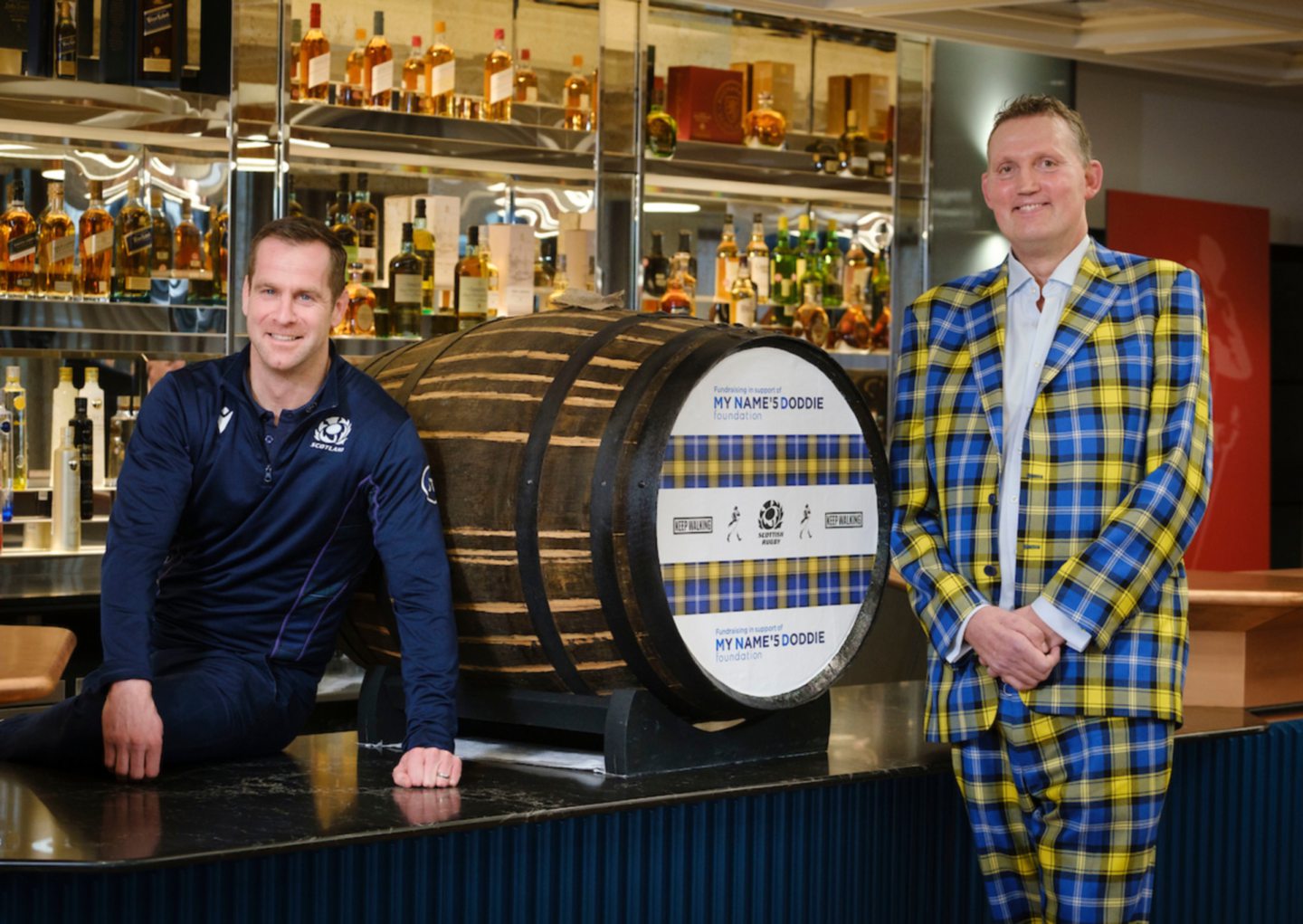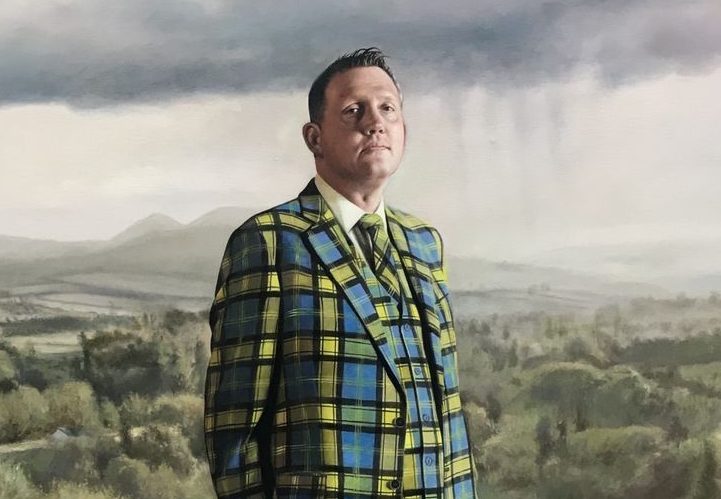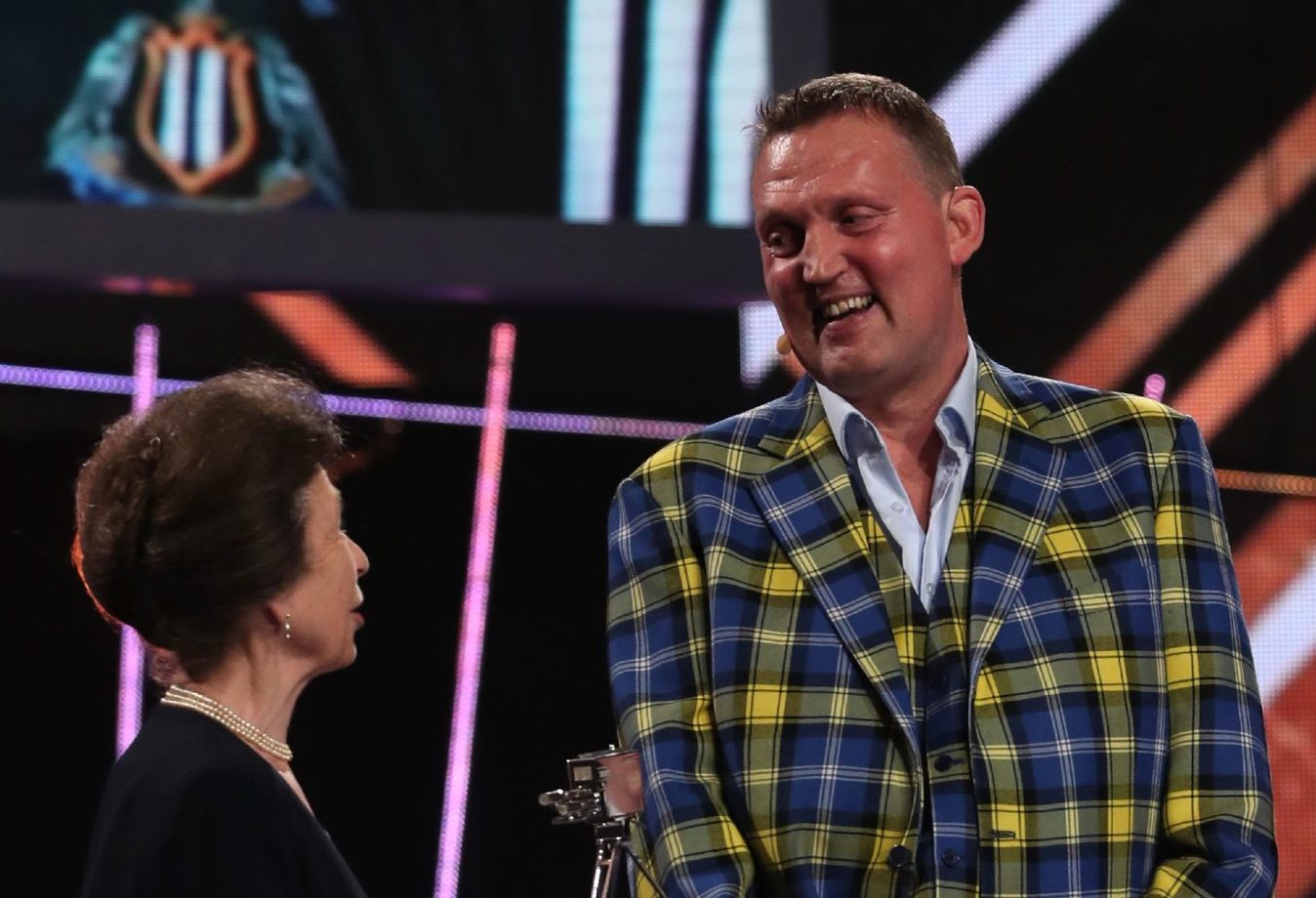It was a busy day at Kingston Park, the home of Newcastle Falcons, in the newly-professionalised world of rugby union.
I had travelled down for a chat with Doddie Weir, who was his usual genial self, even as we chatted about his move from Melrose, yet, as the numbers in the communal area swelled around him, he seemed a tad concerned.
“I’m looking round and there’s Pat Lam and Dean Ryan over there, Rob Andrew sitting in the corner with Gary Armstrong, Inga Tuigamala, Tony Underwood, Gary Armstrong all those other internationalists,” he said.
“Tell you what, I’m a bit nervous. Do you think I’m good enough for this lot?”
Doddie, of course, was good enough for anybody else in Test, let alone club rugby, but despite the flamboyant attire which later became his trademark, the big Borderer, whose death at 52 from motor neurone disease, has sparked a rarely-witnessed outpouring of emotion from every corner of the globe, was never one of life’s look-at-me prima donnas or bumptious bigheads.
On the contrary, he really was the “mad giraffe” of Bill McLaren’s description; all boundless long-limbed enthusiasm and effervescence and mustard-keen commitment, flinging himself into the fray during his 61 appearances for his country and memorably showing his try-scoring flair against the All Blacks during the 1995 World Cup.
He suffered a terrible injury at the hands and feet of South African Marius Bosman during a Lions tour match in 1997 and there were fears that his career might be over at 27. But he rallied from his travails, roared back into the fray and was involved with his country until 2000, ending a decade’s worth of gallus, gangly derring-do.
Even after his retirement, he never lost his connection and popularity either with his peers or the public and that’s one of the reasons why there was so much shock when he confirmed his MND diagnosis in 2017. Here was an extrovert, a man oozing with vim and vitality who never left a room before he had lit it up. Terminally ill? Surely not.
Sadly, of course, his neurological nemesis can strike anybody, but his wife Kathy described her husband as an “inspirational force of nature” and he subsequently poured himself into fundraising activities in the search for a cure, which remains elusive.
There were an incessant amount of events, dinners, charity bike rides, diaries, everything under the sun and millions of pounds were amassed in the process, with Doddie an indefatigable presence at the heart of the action. He took the fight to the Government and rejoiced when Moray’s Lucy Lintott – who was told she had MND as a teenager – became a mother last year. He could celebrate despite the clock ticking.
Gradually, inexorably, he started to feel the insidious impact of the disease and many of us discerned the decline just a fortnight ago at the Scotland v New Zealand match at Murrayfield. But, as usual, flanked by his cherished family, he smiled, saluted his myriad fans and strove to accentuate the positives as life cruelly dwindled away. There was the same blithe attitude which once compelled his former coach Jim Telfer to say, with a smile: “What can you do? Doddie’s Doddie. You can’t scream abuse at him.”
One was reminded of the speech he delivered at the P&J Live in Aberdeen in 2019 after receiving the Helen Rollason Award from Princess Anne at the BBC Sports Personality of the Year night. In words which would have brought tears to a glass eye, Doddie joked: “This is the closest that I’ve ever got to a trophy, so it’s nice.
“Sport has taught me to enjoy myself, because you just don’t know what’s next.”
One final story. During that meeting in Newcastle more than 25 years ago, he had picked up a sandwich and a cup of tea and gone to his seat while I paid the bill.
A few days later, I received a handwritten letter from Doddie, with a cheque enclosed, and his apologies for not putting his hand in his pocket. We had spent a wonderful hour together, the sort of meeting of which memories are made, and he was in great form.
Yet he was worried because he hadn’t paid his share. That summed up the fact this bonnie lad didn’t have a bad or mean-spirited bone in his body. And it helps explain why so many of us lamented how a shining light went out of the world on Saturday.





Conversation